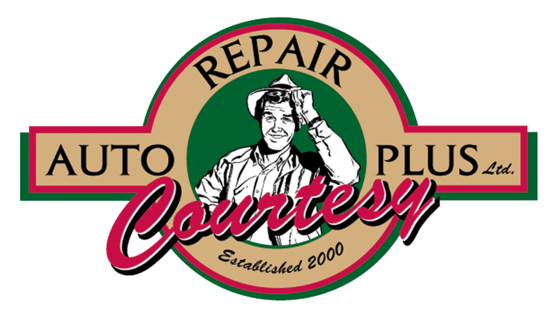Steering You Right (Power Steering Signs of Problems)
April 7, 2024
Nearly every modern vehicle on the road today has power steering, a wonderful invention that makes steering take far less effort than it did in the "good old days." Today, we take our steering for granted: until something goes wrong, that is.
Most power steering these days is rack-and-pinion, the rack being a metal bar between the front wheels with notches in it and the pinion being a gear whose teeth fits into those notches. Adding power assist makes it easy to turn. That assist comes in the form of hydraulic fluid that is pressurized by a pump powered by the engine, an electric motor that adds a power assist or a system that uses both an electric motor and hydraulic fluid.
Your vehicle usually gives you a heads up that something is going wrong with its steering. Here are a few signs to look for:
- A humming, whirring, rubbing or grinding sound coming from you engine compartment when you turn.
- Signs of hydraulic fluid leaking, such as wet spots under your vehicle.
- The smell of burning oil while you're driving.
- Steering wheel hard to turn or vibrating.
If you notice any of these signs, it's a good idea to have a trained technician check them out. They may be signs of:
- Power steering pump going bad
- Steering rack or gear seals wearing out, causing them to lose hydraulic fluid
- Broken fluid hose
- Defective power steering cooler
- Loss of pressure in the power steering gearbox
- Worn out steering pump belt
- Failing electric power steering motor
It's important to have these checked out sooner rather than later. You need to be able to steer properly in order to drive safely. Plus, some of these problems can cause more serious—and expensive—damage if they're not fixed. Power steering is a wonderful feature of your vehicle. Keep it well maintained and it will steer you right.
Courtesy Auto Repair Plus
967 Bon Air Ave
Tiffin, Ohio 44883
419-443-0797
http://www.courtesyautorepairplus.com
More articles from Courtesy Auto Repair Plus

More than Pads and Rotors (Brake Caliper Replacement)
March 1, 2026
You might be familiar with brake pads and rotors, two components of your vehicle's brakes that have to be regularly serviced. Here's another important component of your brakes: the calipers. Calipers are used in disc brakes, the type of brakes now found in most recently manufactured vehicles. A... More

Feeling Powerless (Why Is My Battery Light On?)
February 22, 2026
When one of your vehicles warning lights comes on, the first thing that comes to mind is, Oh, no, whats wrong now? When its the battery light, it means theres something wrong with your vehicles battery or charging system. And because both are important for your vehicle to work properly, its a go... More

No Charge (Why Won?t My Battery Hold a Charge?)
February 15, 2026
When your vehicles battery is dead, it leaves you with that horrible, helpless feeling. A dead battery means it wont hold a charge, and there are several reasons it wont. One is age. Batteries have chemical and electrical systems in them that create power, and as time goes by, they wont work we... More







